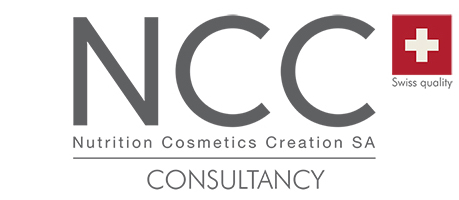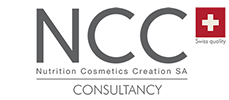Want to launch a new product with an action on the skin (skincare products, make-up products or food supplements) on an already hyper-competitive market? To market a product and attract consumers, brands compete in ingenuity with regard to the claims made on their products. But what is a claim, what is its purpose and how does it work?
Want to differentiate your product?
Are you wondering how to differentiate your product in the market from those of your competitors? There is a solution: associate your product with relevant promises that are adapted to the needs of consumers and guarantee effectiveness. These promises are also called “claims” in the industry jargon.
What is a claim?
An allegation is what is alleged. The term refers to the act of citing a fact, authority or even text as evidence of what is claimed, in order to make a claim.
For example, nutrition and health claims are claims that communicate or suggest that a food has beneficial nutritional properties. Examples include “provides 30% of RDA” or “prevents the risk of cardiovascular disease”.
In cosmetics, we also find claims concerning health skin, such as “hypoallergenic”, or the composition “without preservatives”. But also on the benefits “anti-ageing”, “anti hair loss”, and the ethics “made in France”, “artisanal manufacture”.
It is important to note that all claims used in the marketing of skin care products must be truthful, objective and based on solid evidence.


How to obtain a claim?
The professionals responsible for obtaining claims for cosmetic products or food supplements are most often the formulators. As members of the R&D department, they are the ones most likely to draft the appropriate claim texts.
The knowledge required of a formulator concerning the tests demonstrating the performance of a product he has just created is considerable. It requires real expertise in order to draft the claim texts.
How does it work?
The performance of your products is essential to your company’s image and success in the marketplace. Consumers will be very demanding about the quality and truthfulness of everything you say on the packaging and in your advertising messages.
Regulatory agencies and your competitors will be watching for exaggerated or unclear and misleading claims. So the issue of testing is paramount.
Whether it is to support your product promise or to reinforce your brand identity, using performance testing will help your product succeed in the marketplace.
Claims can be made by listing the recognised properties of each ingredient in the formulation or in a ‘free’ manner. That is, without any real scientific basis, but rather in the image of what you want to achieve to seduce the consumer. For example, a product claiming the presence of a certain popular ingredient in its formula will be a major plus for its marketing. If it is an ingredient that is known and sought after by the consumer, they will make a positive association with the ingredient.
This is where having verified the tolerance and efficacy of your new product through performance testing will be of great value.
Questions to ask yourself to define your claim and position yourself on the market:
- How do you want to position your product?
- What claims will be relevant to your brand image?
- Which benefits do you want to achieve with your product formulation?
- What tests should be applied to your products?
The choice of a claim will therefore be a key factor for the success of your product on the market. Do not hesitate to consult us for our lists of clinical studies and our protocols concerning the claims that your products may require.
Do you want to develop new white label products? Discover our free In&Out product catalogue!



